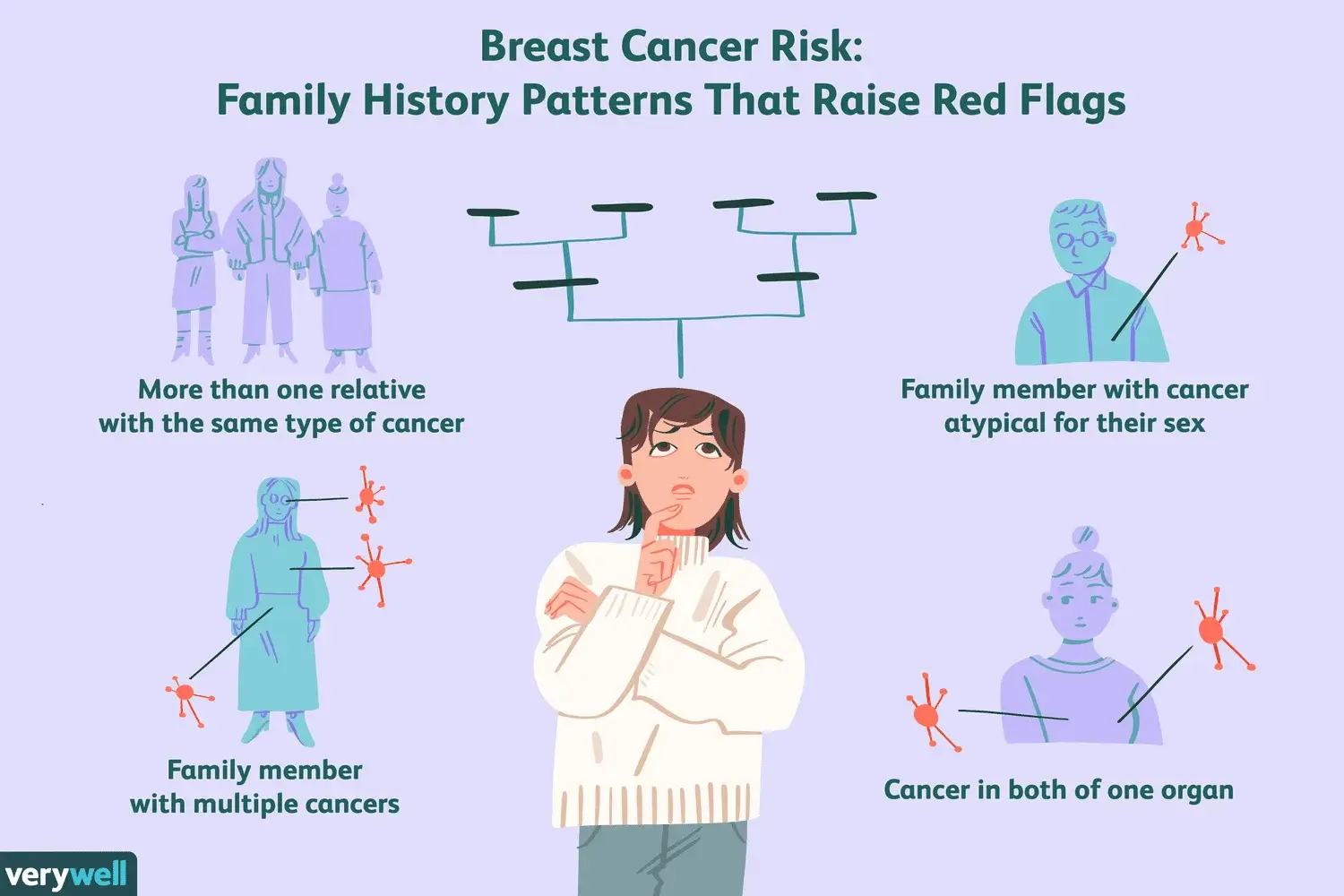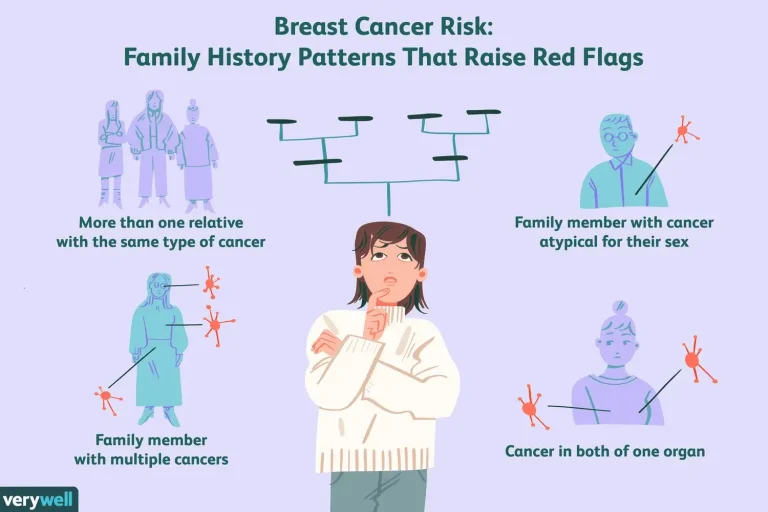In 2018, the U.S. Food and Drug Administration (FDA) approved a DNA test that can be done at home to look for genetic changes that may be linked to breast and/or ovarian cancer. This test will tell you if you have certain genetic mutations that make you much more likely to get breast cancer.
Women are very worried about getting breast cancer, and a lot of them are using DNA tests they can do at home to find out how likely they are to get it. But these tests might have flaws that you should know about before you count on them to give you a clear answer. Here are some key points to consider:

How the test works:
The at-home DNA test looks for the BRCA1 and BRCA2 mutations, which make up 80% to 90% of the mutations that cause cancer in Jewish people. It doesn’t look at other high-risk genes that can also make you more likely to get breast cancer. For the test to be carried out, a sample of saliva is needed. This sample is then sent to a lab for the DNA of the saliva cells to be analysed. Two variants of BRCA1 and one variant of BRCA2 gene are looked for by the test.
Who should consider the test:
If someone in your family has had breast or ovarian cancer or if you have had breast cancer yourself, you should take the test. It’s important to remember, though, that not everyone with a family history of breast cancer has a genetic change that makes them more likely to get it. Based on your personal and family background, a genetic counsellor can help you decide if you should take the test.
Limitations of the test:
If you’re concerned about your risk of breast cancer, there are other options to consider besides the at-home DNA test. These include:
- Genetic counseling: A genetic counselor can help you determine if you’re a good candidate for genetic testing and can provide guidance on managing your risk.
- Clinical genetic testing: This type of testing is done in a medical setting and can evaluate a wider range of genetic mutations that increase your risk of breast cancer.
- Breast cancer screening: Regular mammograms and other breast cancer screening tests can help detect breast cancer early, when it’s most treatable.
It’s important to talk to your doctor or a genetic counselor about your risk of breast cancer and the best options for managing that risk.
Even though it can be convenient to do breast cancer risk DNA tests at home, you should think about their limitations. You might get more complete information about your risk if you get genetic counselling and testing from a medical professional or if you have regular breast cancer screenings.
Other options to consider:
While the at-home DNA test is easy to complete and can be done conveniently from your home, its usefulness is limited. Here are some limitations to consider:
- The test only screens for a limited number of genetic mutations that increase your risk of breast cancer, that is, variants of the BRCA1 and BRCA2 genes.
- The test is more useful in the Jewish community, as they are the population at high risk for the BRCA1 and BRCA2 genes mutations.
- A negative test result doesn’t mean you’re not at risk for breast cancer.
- A positive test result doesn’t mean you’ll develop breast cancer.
- The test doesn’t evaluate other factors that can affect your risk of breast cancer, such as lifestyle and environmental factors.




